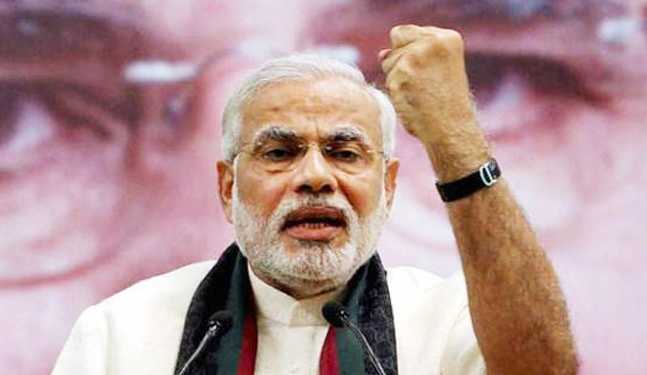There are four main pillars for any society to function normally today. The first three namely, Housing, Food and Education are more or less in the hands of the individual. The fourth pillar, though, is the one on which all the other pillars stand, Jobs. Job opportunities are necessary for people to be productive and satisfy all the other economic needs and demands that they have. There are only a limited number of businesses and industries which can run without ample supply of labour and experts. The fact that getting a job is not in the candidates’ hands makes it a tricky pillar. If a family has money they can live in a good house, get ample food and quality education for their child but the dependency on the job market would still arise. It is not in the hands of any one individual to create jobs for himself and others, the government policies have the power. Going by the recent reports from the Employees Provident Fund (EPF) it seems that the Narendra Modi led central government is doing a really great job at creating jobs for the youth.
Ever since the third year of the Bharatiya Janata Party came to an end, the media and opposition had stirred up a controversy surrounding the low rate of job creation in India. The Nikkei India Services Business Activity Index showed that the Indian job market had stabilized in March 2018 after a brief fall in February. The growth in manufacturing overshadowed the growth in services sector which hints at job creation for skilled and semi-skilled labour. The number of vacancies across the 978 employment exchanges has doubled since 2014. The job vacancy notifications crossed 1 billion in February 2018 for the first time and have reached an all time high of 1.5 million. The effect has finally become apparent in the EPF report which released provisional figures for six months. The figures show that 3.11 million workers have joined the fund during September 2017 and February 2018. The government run social security fund opened 4, 72,075 new employee accounts in February alone after having added 6,04,557 employees in January. All these employees come from the non-agricultural sector indicating that the manufacturing and services sector have seen phenomenal growth in the recent years.
This data released by the EPF will help PM Modi in the elections to come; it should also quieten the opposition which has for long accused PM Modi for not creating enough jobs. This data also shows that the Demonetisation and Goods and Services Tax (GST) had no long lasting effects on the job and employment market. The so called expert analysts and opposition parties who had raised a hue and cry are nowhere to be found right now. They have forgotten how to deal with facts as they find it easier to peddle in theories and lies.
This is not the complete picture though; the current EPF rules make it mandatory for the employers and employees of 20 or more workers to contribute to the EPF. It means that the actual job growth is even greater than the figures released by the EPF as many small and medium scale industries and organizations function with less than 20 employees. That is a good reason to celebrate and praise the central leadership especially if you are a young job seeker in India. The situation is going to get better at every step from here on and we hope the time comes soon that every able Indian gets the opportunity to ‘Earn in India’.
Source: Financial Times.

























